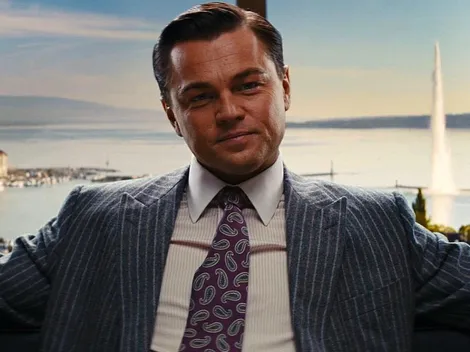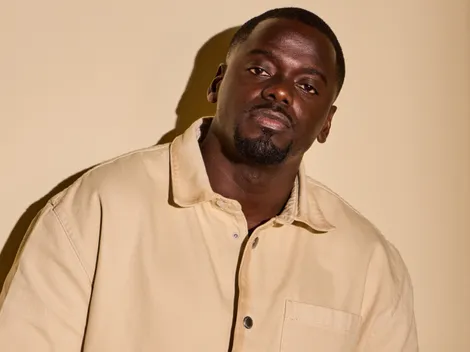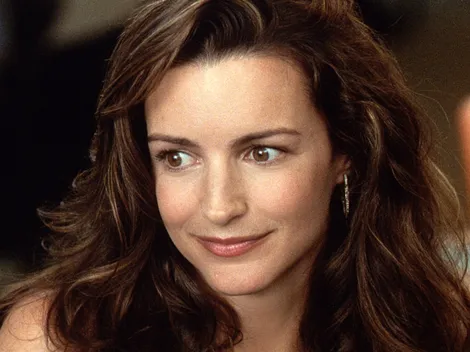The lifecycle of a film is notoriously short. Millions of dollars are spent, stories are told, and for the vast majority, the cultural moment passes almost instantly, leaving behind a digital footprint and a shelf space.
Yet, in the fickle world of cinema, a peculiar and fascinating phenomenon occurs: the linguistic survivor. These aren’t the titles or the iconic scenes that endure; they are the single, often simple, sentences that somehow detach from their host film.
The lines become an unofficial cinematic currency. They are the quotable, instant-reference catchphrases that permeate conversation, often cited by people who have never seen the source material or who only vaguely recall the film’s plot.
“I’m gonna make him an offer he can’t refuse” | The Godfather (1972)
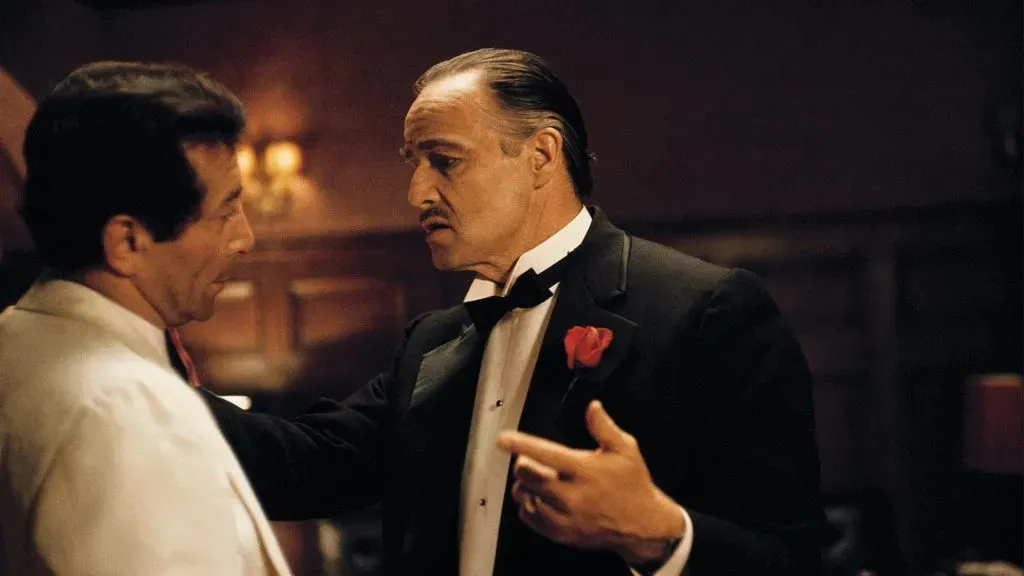
(Source: IMDb)
In 1972’s The Godfather, Don Vito Corleone (Marlon Brando) delivered this line with calm confidence to his godson, promising to use his influence to secure a movie role. The line transcended its dark origins to become a universal metaphor for an irresistible business proposal. It signifies a deal backed by overwhelming power, making refusal practically impossible.
“You can’t handle the truth!” | A Few Good Men (1992)
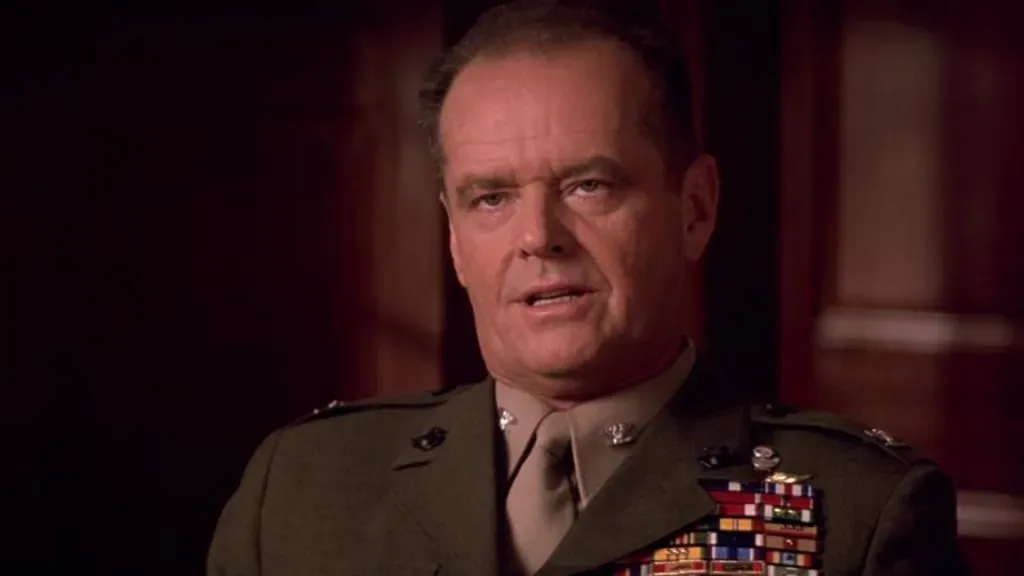
(Source: IMDb)
In 1992’s A Few Good Men, Colonel Nathan Jessup (Jack Nicholson) screamed this in court during a climactic cross-examination. The phrase is an explosive, dramatic declaration of moral or professional superiority, becoming the go-to phrase for rejecting someone’s ability or right to understand a harsh or difficult reality.
“Hasta la vista, baby” | Terminator 2: Judgment Day (1991)
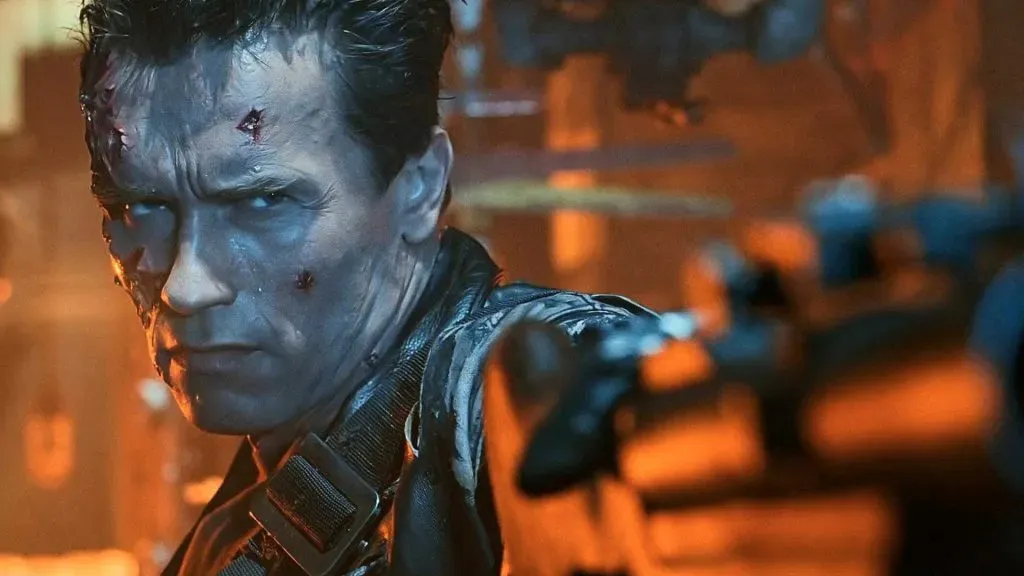
(Source: IMDb)
From 1991’s Terminator 2: Judgment Day, The Terminator (Arnold Schwarzenegger) says this just before shattering the frozen T-1000 with a shotgun blast. This perfectly delivered, smooth and clever sign-off combined a Spanish cliché with high-tech action, and it is commonly deployed as a playful, final word after one has achieved a decisive victory.
“Say ‘hello’ to my little friend!” | Scarface (1983)
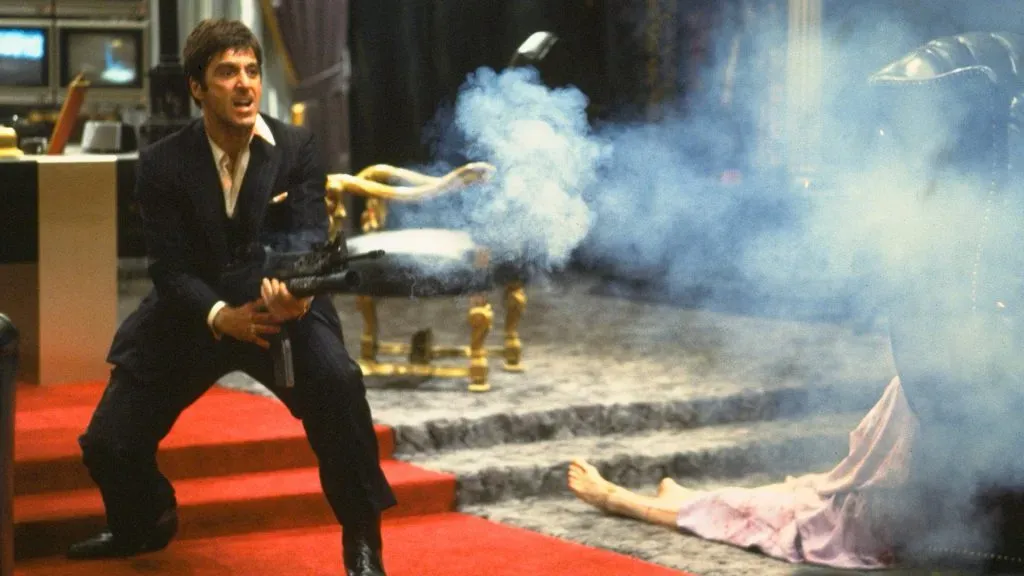
(Source: IMDb)
Also from 1983’s Scarface, Tony Montana screams this line just before deploying a massive, modified rifle in the final, manic, and bloody siege of his mansion. The phrase became a famous battle cry that is used ironically or hyperbolically when someone unveils an object of great power, size, or destructive capability, capturing a moment of over-the-top grandiosity.
“Frankly, my dear, I don’t give a damn” | Gone with the Wind (1939)
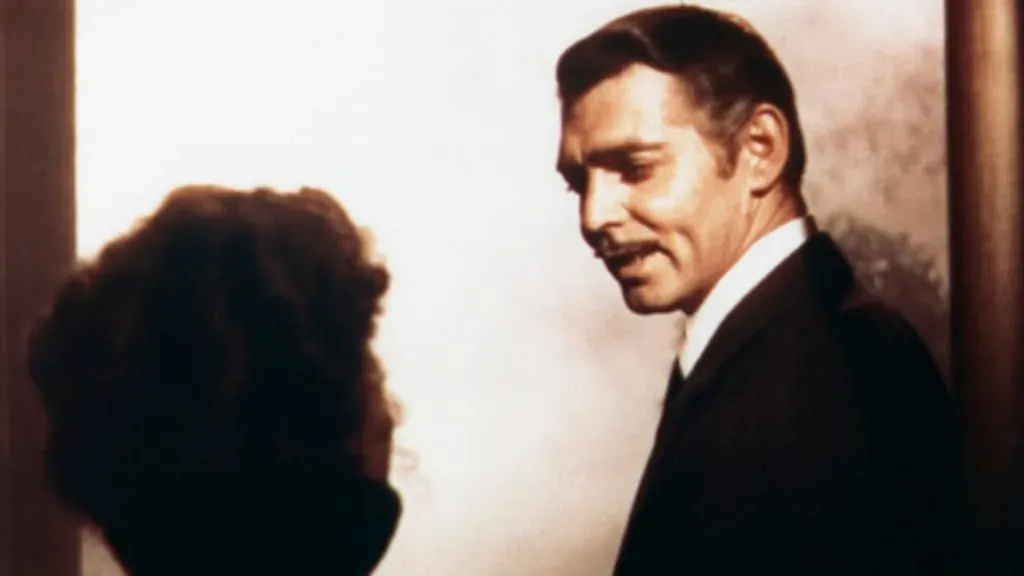
(Source: IMDb)
The 1939 classic Gone with the Wind featured Rhett Butler (Clark Gable) delivering this final, brutal rejection to Scarlett O’Hara as he prepared to leave her forever. The phrase is the ultimate expression of absolute, unapologetic indifference. It created a massive stir for its use of the word “damn,” cementing itself as the definitive, timeless phrase for dismissing a person or a situation with finality.
“We’re not in Kansas anymore” | The Wizard of Oz (1939)
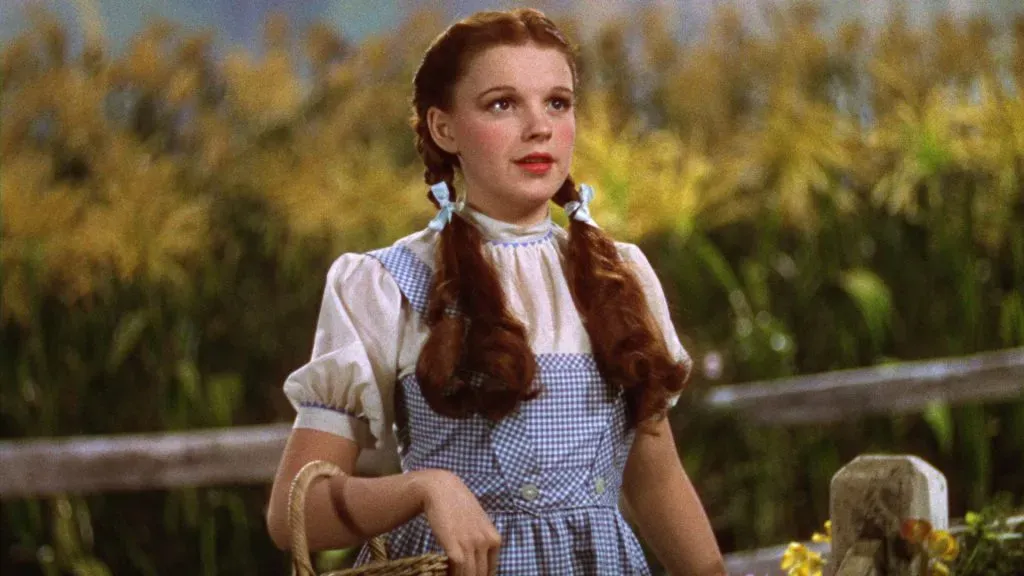
(Source: IMDb)
The 1939 classic The Wizard of Oz birthed this phrase when Dorothy Gale (Judy Garland) whispered it to her dog, Toto, immediately after their house landed in the fantastical world of Munchkinland. This simple line instantly defined the transition from the mundane to the magical, becoming the ultimate shorthand for acknowledging that one has moved from a familiar, safe environment to a completely new and bewildering situation.
“Go ahead, make my day” | Sudden Impact (1983)
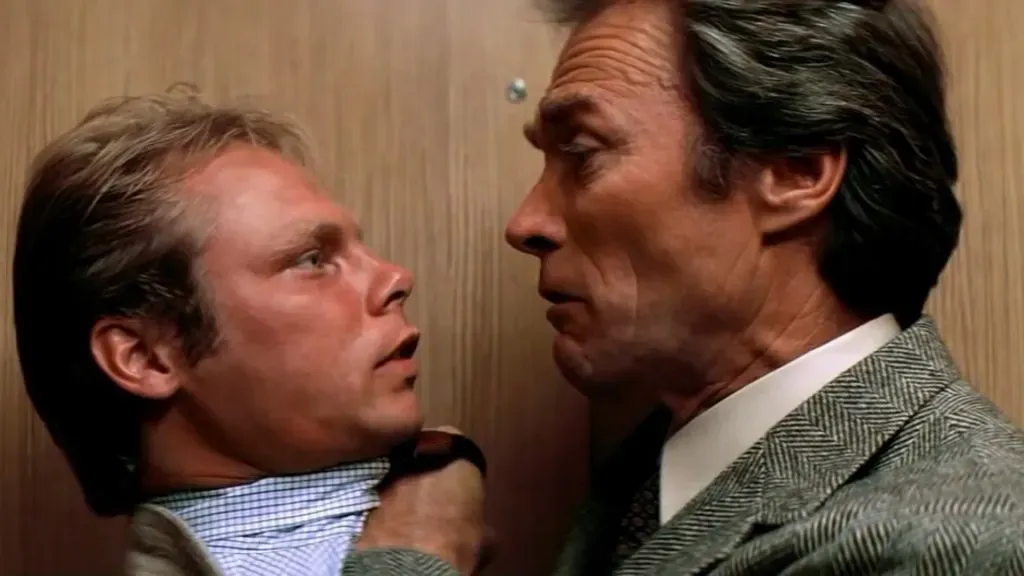
(Source: IMDb)
In 1983’s Sudden Impact, Detective Harry Callahan (Clint Eastwood) delivered this challenge to a robber who had taken a hostage in a diner. The phrase is the quintessential piece of cool, hard-boiled bravado, instantly solidifying Eastwood’s image and becoming a universal line used to signify a determined, tough stance in politics and everyday argument.
“The eyes, chico. They never lie” | Scarface (1983)
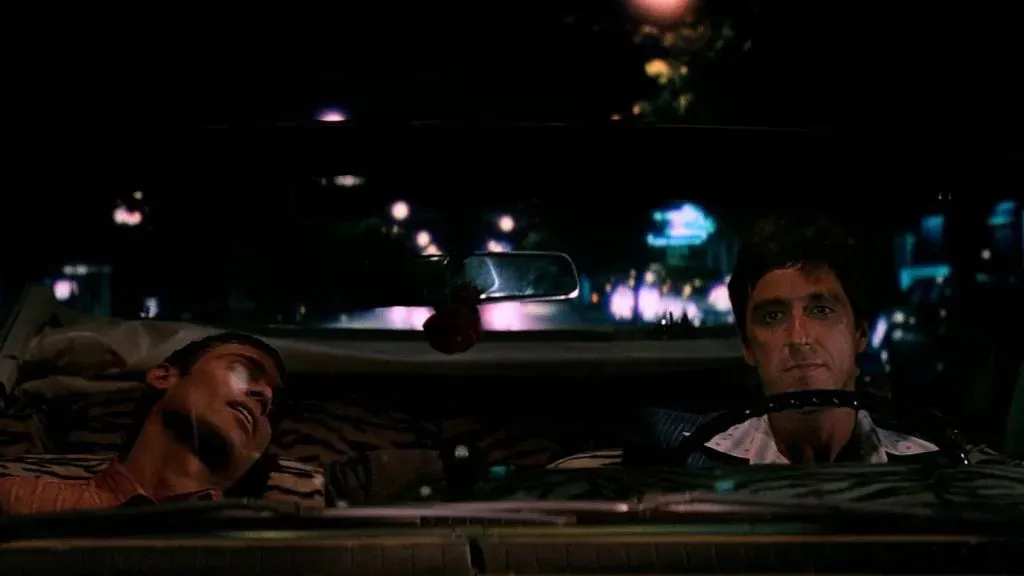
(Source: IMDb)
The 1983 classic Scarface featured Tony Montana (Al Pacino) saying this to his friend Manny Ribera, shortly before realizing that the look in Manny’s eyes revealed a forbidden love for Tony’s sister. Detached from the gangster violence, this line operates as a powerful philosophical maxim on trust and intuition, asserting that non-verbal cues or raw emotion always betray the truth.
“Show me the money!” | Jerry Maguire (1996)
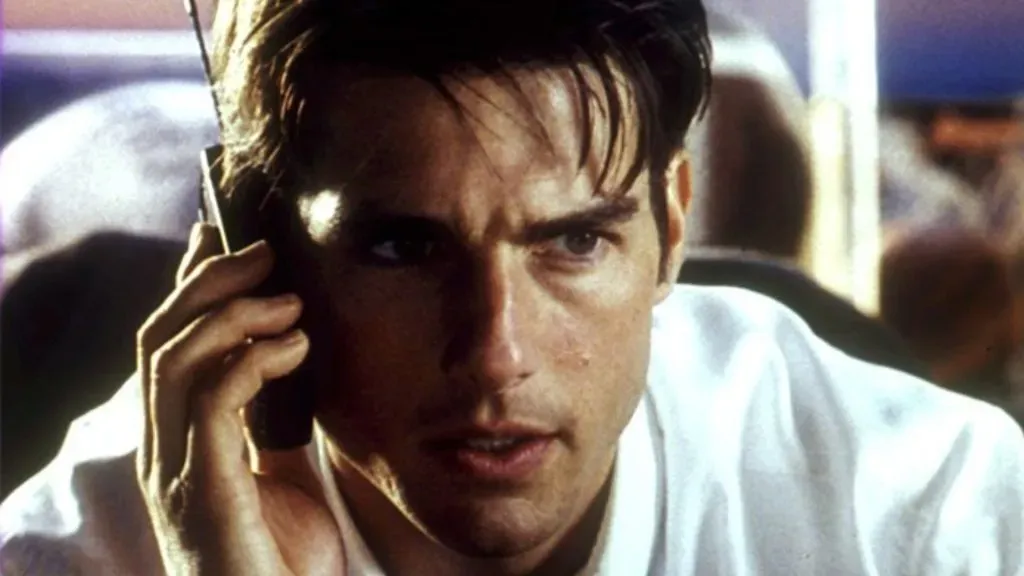
(Source: IMDb)
The 1996 film Jerry Maguire featured Cuba Gooding Jr.’s Rod Tidwell yelling this phrase to Tom Cruise’s Jerry Maguire in an explosive phone conversation demanding clarity on his representation. The exclamation has become shorthand for cutting through abstracts and demanding tangible results, widely used globally to insist that a promise must be backed up with actual proof or concrete resources.
“Good morning, and in case I don’t see ya, good afternoon, good evening, and good night!” | The Truman Show (1998)
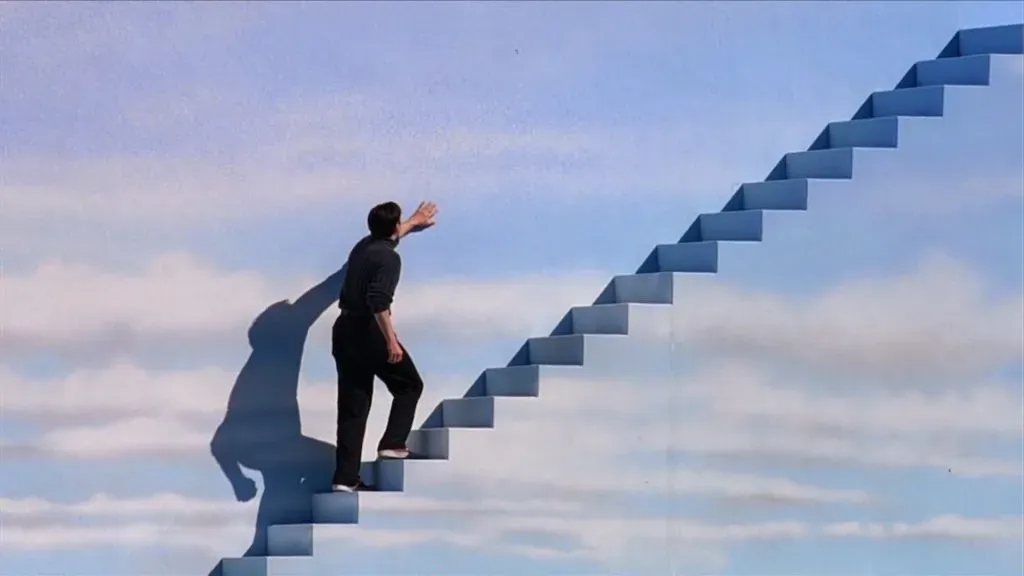
(Source: IMDb)
In 1998’s The Truman Show, this was Truman Burbank’s (Jim Carrey) cheerful, rhythmic, and meticulously consistent greeting to his neighbors every morning. The line perfectly captured his subconscious awareness of being observed by the world, becoming the ultimate, yet unsettling, shorthand for all-encompassing politeness or the feeling of being perpetually watched.
“I’ll be back” | The Terminator (1984)
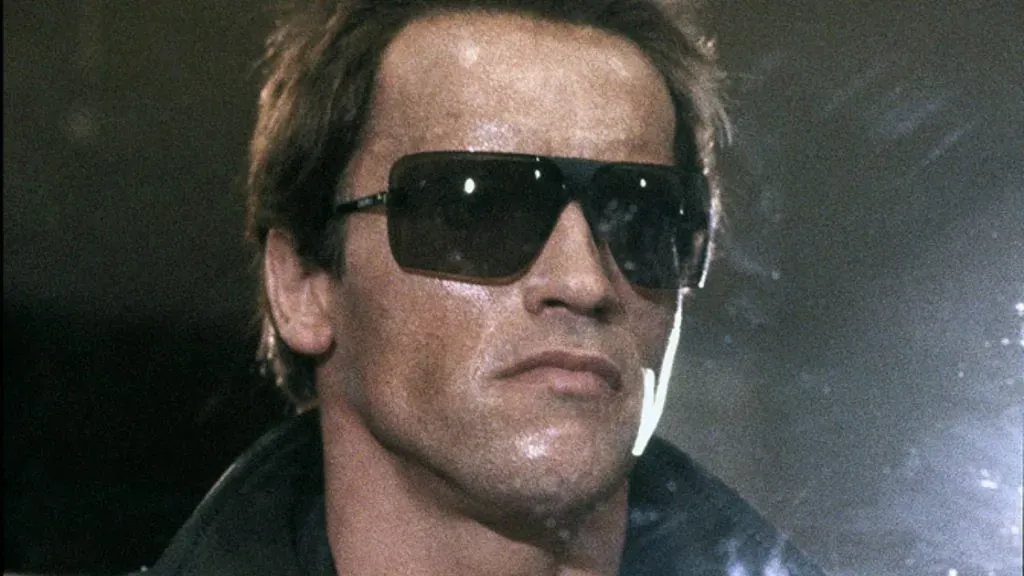
(Source: IMDb)
The 1984 film The Terminator saw The Terminator (Arnold Schwarzenegger) utter this line to a police sergeant before driving a car through the front doors of the police station to continue his hunt. Simple, efficient, and delivered with a robotic menace, this line instantly became the archetypal promise of return, vengeance, or eventual success in any situation, cementing Schwarzenegger’s status as an action icon.
“Life is like a box of chocolates” | Forrest Gump (1994)
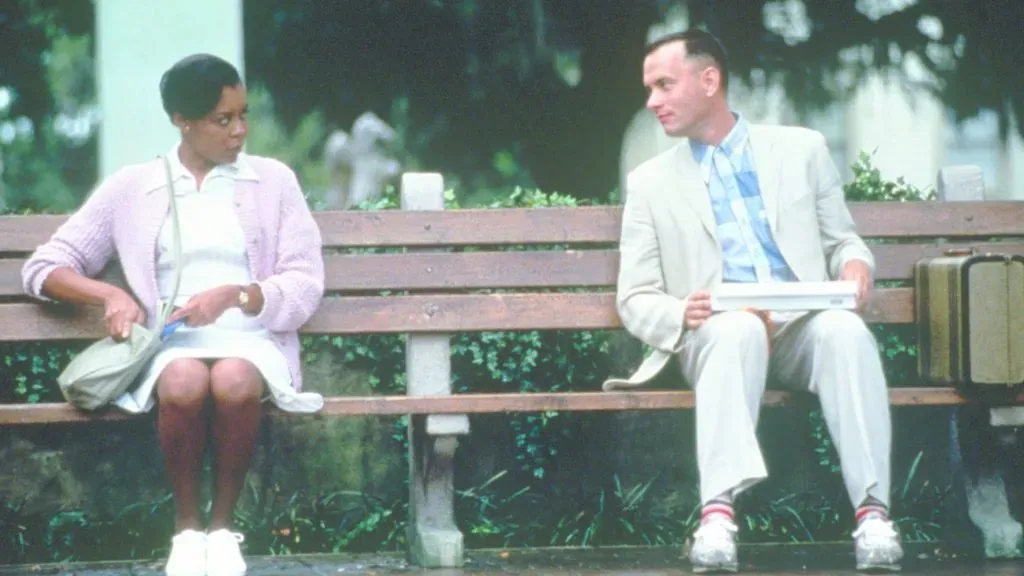
(Source: IMDb)
From 1994’s Forrest Gump, Forrest Gump (Tom Hanks) speaks this reflection while sitting on a bench, relating a piece of wisdom his mother had given him. This sweet, simple reflection on the unpredictable nature of existence has become a universal shorthand for accepting fate and chance, achieving the status of a genuine philosophical cliché.
“Inconceivable!” | The Princess Bride (1987)
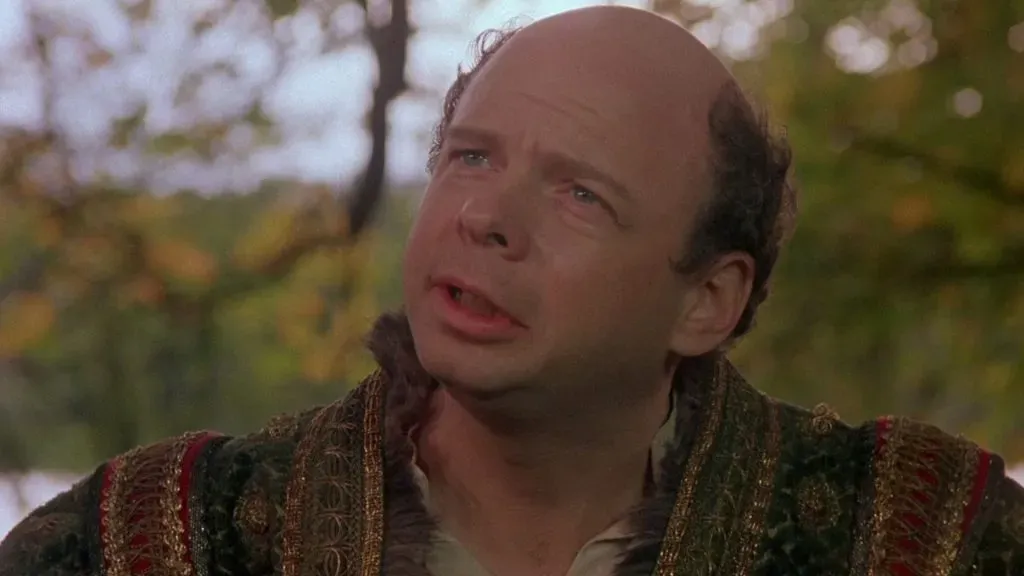
(Source: IMDb)
The 1987 film The Princess Bride featured Vizzini (Wallace Shawn), the Sicilian boss, uttering this word repeatedly as he attempted to logically explain every obstacle in his path. Since Vizzini says it even when things are entirely conceivable, the phrase became a self-aware, theatrical expression of surprise, now used ironically to mock someone who is overreacting to a minor or obvious event.
“If you build it, he will come” | Field of Dreams (1989)
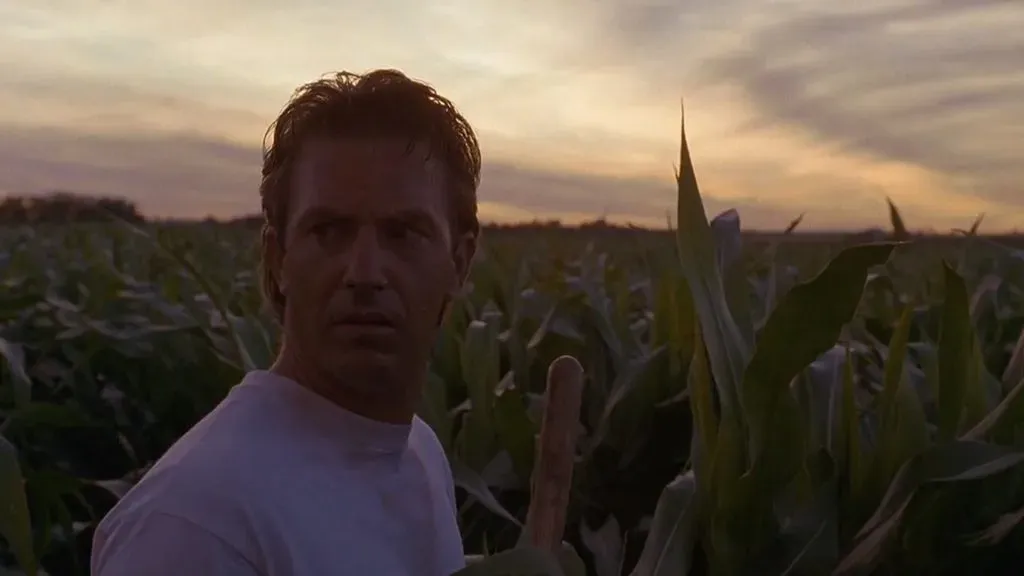
(Source: IMDb)
This cryptic instruction from 1989’s Field of Dreams was a mysterious, disembodied voice whispering to Iowa farmer Ray Kinsella (Kevin Costner) while he was standing in his cornfield. The phrase defined the film’s core theme of faith and following a dream against all logic. It entered the lexicon as the definitive statement of trust in a long-shot, visionary project, asserting that quality or innovation will inevitably draw an audience.
“You’re killing me, Smalls!” | The Sandlot (1993)
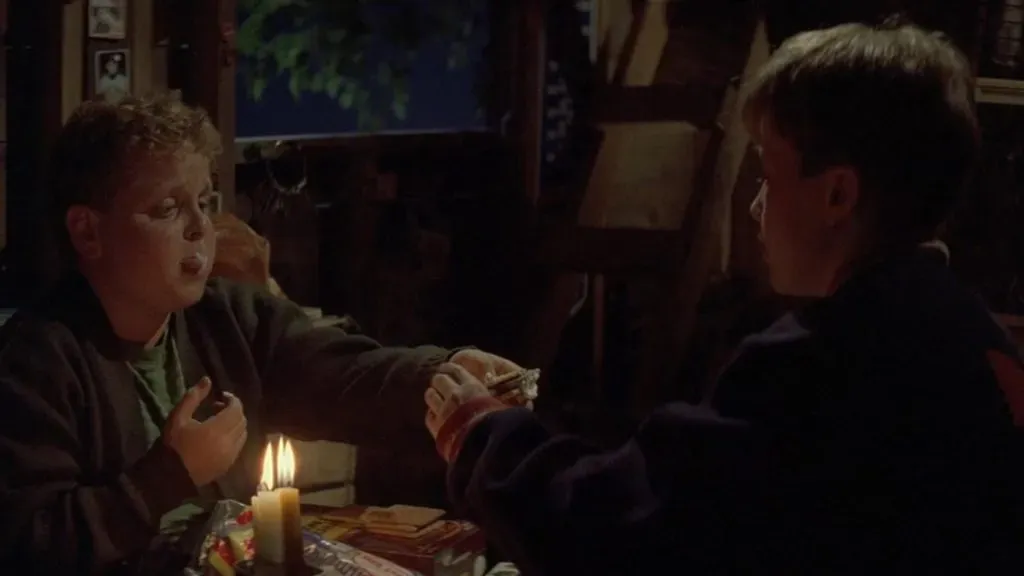
(Source: IMDb)
From 1993’s The Sandlot, Hamilton ‘Ham’ Porter (Patrick Renna) screamed this at Scotty Smalls (Tom Guiry) when Smalls revealed his ignorance about baseball legend Babe Ruth. The phrase is the ultimate expression of exasperation or disbelief directed at someone who is being slow to grasp an obvious concept, widely used as a comic rhetorical device for frustration.


